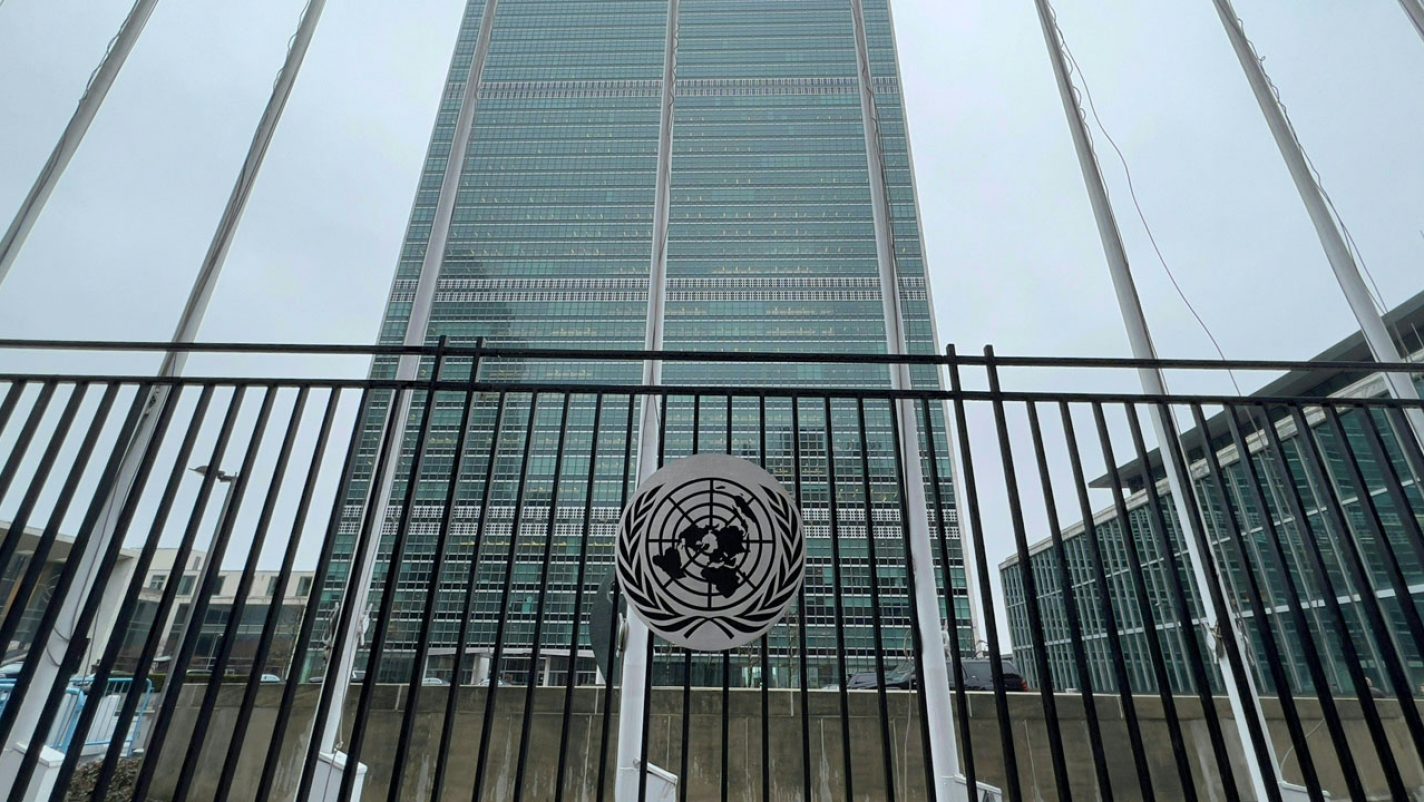The Secretary of the United Nations (UN), Water Convention, Dr. Sonji Koeppel, has said that the solution to Nigeria’s transboundary water problems lies in a strong international legal and institutional framework.
Dr. Koeppel made the recommendation at a three-day sensitisation workshop held in Abuja, which ended last Friday.
The national advocacy workshop was on Nigeria’s accession to the “convention on protection and use of transboundary water course and international lakes.”
Koeppel said: “Nigeria, like many other countries worldwide, still faces significant challenges in transboundary water cooperation and national water management, such as increasing water scarcity due to economic development and population growth, but also climate change impacts, floods, increasing pollution, etc. Those lead partly to conflicts and competition over water resources.
“For this reason, an effective global legal and intergovernmental framework for cooperation and sustainable management of shared waters, including groundwaters, is needed.
“Such a unique platform is provided by the convention on the protection and use of transboundary watercourses and international Lakes (Water Convention), which helps countries to address those challenges.”
The Chairperson of the Bureau of Water Convention, Harry Liiv and Ambassador, head of the European Union delegation to Nigeria and Economic Community of West African state, Ms Samuel Isopi, in their goodwill messages, emphasised the need for Nigeria to accede to the water convention.
According to Liiv, international practices during the last decade, show that the principles and obligations of the Water Convention improve water resources management and water governance. “So, to a large extent, there are many positive examples about that,” Liiv stated.
The United Nations Economic Commission for Europe (UNECE) urged the Support of international frameworks and treaties on transboundary water resources and courses, which it said, is critical for sustainable management of Nigeria’s water resources and associated biodiversity.
The UN Resident Coordinator, Mathias Schmale, said: “Nigeria’s two major basins (Niger River Basin and Lake Chad) are transboundary. Hence, to achieve SDG 6 by 2030 and ensure access to safe drinking water and sanitation to its growing population, transboundary water cooperation is a must for Nigeria and its neighbouring riparian states.”
The Minister of Water Resource, Engr. Sulieman Adamu, on his part, said the ministry’s efforts towards acceding to the convention were already in the last process.
He said: “The Water Convention is important to us as a country because the two main surface water bodies in Nigeria, namely, rivers Niger and Benue are transboundary in nature.
“This is not peculiar to Nigeria as more than 40 per cent of the universal populations depend on transboundary waters for their livelihoods.
Adamu added that acceding to this Convention would provide an additional legal and institutional cooperation framework, which is essential in the management of these transboundary waters to ensure environmental sustainability, economic growth, and conflict prevention.
Dr. Hycinth Banseka, technical director, Lake Chad Basin Commission, presented a paper on: “UN global water convention; value and lessons learned,” among others, while Mr. Harry lii, special envoy for transboundary waters, Estonia led a panel of discussion on, “key challenges in transboundary cooperation: pollution and financing.”
A water specialist, Emmanuel Chinedu and Chief water resource manager from the World Bank and African Development Bank, Ijeoma Emenajo, respectively led discussions on financing boundary water cooperation.
The workshop was organised by the Federal Ministry of Water Resources in collaboration with the UNDP, the Water Convention Secretariat and UNECE.

